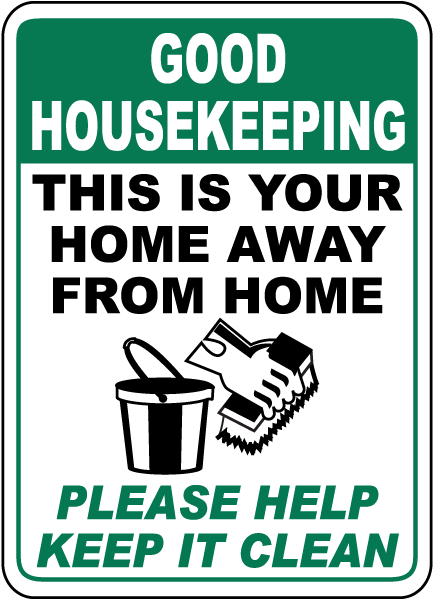

SMART goal: Bring a healthy snack (a piece of fruit and a small handful of nuts) to work every day. SMART goal: Order take out no more than one or two nights per week.įood diary observation: You eat healthy meals and snacks until about 3 pm, when you hit the office vending machine. SMART goal: Eat three servings of vegetables per day.įood diary observation: You order takeout three or four nights per week. Here are a few examples of SMART goals.įood diary observation: You average two servings of vegetables per day.

That means your goals should be Specific, Measurable, Achievable, Relevant and Time-based. Once you've identified areas for improvement, set one or two healthy eating goals for yourself.

How are you feeling as you're eating? Are you happy, sad, stressed, anxious, lonely, bored, tired?.Who are you eating with? Are you eating with your spouse, children, friend, or a colleague, or are you alone?.What else are you doing while eating? Are you on the computer, watching TV, or talking with a family member or a friend?.Where are you eating? Record the specific place you are consuming food, whether it's at the kitchen table, in your bedroom, in the car, walking down the street, at a restaurant, or at a friend's home.Jotting down where you're eating, what else you're doing while you're eating, and how you're feeling while eating can help you understand some of your habits and offer additional insight. When are you eating? Noting the time that you're eating can be very helpful in identifying potentially problematic times, such as late-night snacking.If you are away from home, do your best to estimate the portion. If possible, it is best to weigh and measure your food. How much are you eating? List the amount in household measures (cups, teaspoons, tablespoons) or in ounces.Include any sauces, condiments, dressings, or toppings. What are you eating? Write down the specific food and beverage consumed and how it is prepared (baked, broiled, fried, etc.).So, what should you record? A basic food diary should include the following: Most experts agree that the secret to successful food journaling is accuracy and consistency. In one weight loss study of nearly 1,700 participants, those who kept daily food records lost twice as much weight as those who kept no records. Research shows that for people interested in losing weight, keeping a journal can be a very effective tool to help change behavior. It can help you understand your eating habits and patterns, and help you identify the foods - good and not-so-good - you eat on a regular basis. This improvement often starts with changing what they eat.Ī food diary can be a useful tool in this process. Many people begin the new year with a resolve to improve their health.


 0 kommentar(er)
0 kommentar(er)
